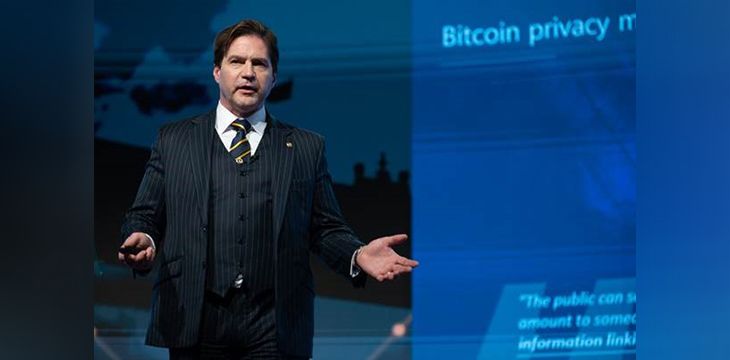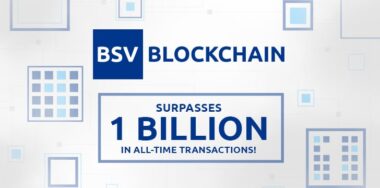Dr. Craig Wright has released a statement detailing his thinking behind the recent spate of legal letters that have been sent to certain individuals hosting the Bitcoin white paper.
Simply titled “Bitcoin White Paper Statement of Jan 29, 2021,” it sheds light on Dr. Wright’s motivations behind his decision to send formal legal letters to Bitcoin.org, Bitcoin.com, Bitcoincore.org and others asking that they stop hosting the White Paper.
It will be of interest to those who aren’t clear on Dr. Wright’s thinking on the subject—it opens with an immediate rebuttal to some of the reaction this decision has created:
“This wasn’t done to limit the public availability of the white paper—quite the opposite. … As far as I’m concerned, the more people who read the white paper—actually read it—the better. It would go a long way towards furthering people’s understanding of what Bitcoin is, and what it is not.”
This makes sense. As far as been reported, the letters were sent to a relatively small list. If the object was to restrict access to the white paper there certainly would have been fatter targets for Wright to go after. At this stage, the white paper is so widely disseminated that the sites Wright has targeted are a drop in the ocean as far as providing people access to the white paper goes.
So, whatever you do believe about the motivations behind Dr. Wright, the one explanation that cannot be accepted is that this is a man maniacally trying to bury the valuable information that he created.
What, then, is the motivation?
The few organizations and/or individuals who did receive the letter so far fall within a very easily identifiable class. Bitcoin.com is using it to promote BCH, while Bitcoincore.org and Bitcoin.org are using it to promote BTC—as though either of those systems are affiliated with or even consistent with the white paper itself.
As the author of the white paper, I feel compelled to exercise my legal rights and to ensure that it cannot be marketed in such a way—not just so that Bitcoin can live up to its potential, but so that people are not misled into supporting a different endeavour, having been led to believe that they were supporting Bitcoin.
He also makes a related interesting point here:
In no other context would my acting appear as unusual or noteworthy. In fact, my failure to do so would at best be questionable and at worst a failure of my duty. Alas, such is the campaign of misinformation and obfuscation which has emerged over many years.
This touches on the bizarre situation that has sprung up since these letters were made public where Dr. Wright is being attacked for exercising the legal rights he holds in the work. He’s right to say that this argument would never be made in any other industry. An author who pays no regard to where their work is reproduced, the context in which it is reproduced and whether or not they are properly attributed would be a highly unusual one. In fact, for Dr. Wright to have been as light-handed with the dissemination of the white paper as he has been is quite remarkable, and given the importance of the white paper to so many people is something which should be celebrated rather than attacked.
When the day comes that one of these projects using the white paper to sell an unrelated product blows up in the face of those who have placed their trust in it—either by the failure of the project, regulatory pressure or both, the same voices taking issue with this minor decision would be criticizing Dr. Wright for not using his power as the copyright holder of the work to stop it being used to mislead the uninformed.
If anything, looking at the attacks on Dr. Wright and Bitcoin SV generally over the past years, the only real surprise is that Dr. Wright’s current push to stop the white paper being misused wasn’t even broader.
No matter what your opinion on authors enforcing the copyright held in their own creations might be, it’s not a question for you: it is one for the author, the law and if necessary, the courts. The statement closes with the following:
“I know that many people do not agree or do not understand why I have taken such course. To them I say, this is my personal battle, not that of the many companies and individuals in the Bitcoin ecosystem focusing on building an honest system, a system that is changing the world for the better.”
New to blockchain? Check out CoinGeek’s Blockchain for Beginners section, the ultimate resource guide to learn more about blockchain technology.








